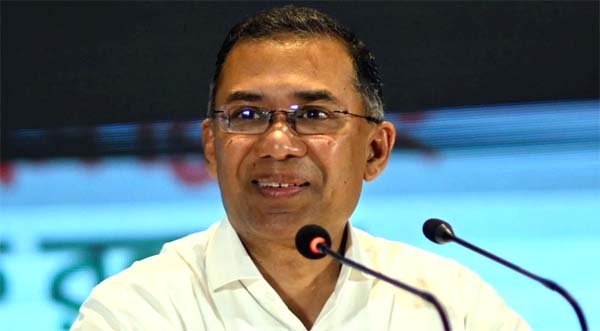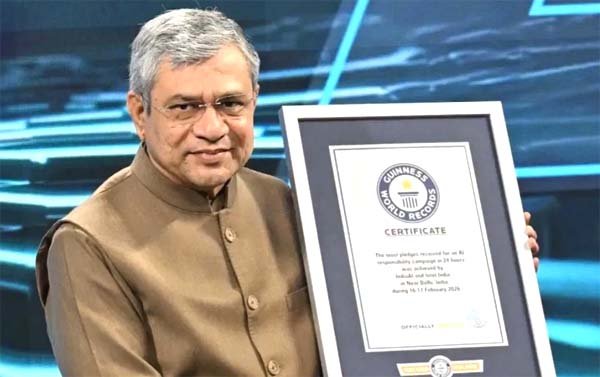New Delhi, Sep 27 (UNI) Spotify has introduced a new set of rules to strengthen AI protections for artists, songwriters, and producers.
Spotify, a Swedish audio streaming and media service founded by Daniel Ek and Martin Lorentzon, said in a blog post: “AI technology is evolving fast, and we’ll continue to roll out new policies frequently. Here is where we are focusing our policy work today: (i) improved enforcement of impersonation violations, (ii) a new spam filtering system, and (iii) AI disclosures for music with industry-standard credits.”
“We’ve introduced a new impersonation policy that clarifies how we handle claims about AI voice clones and other forms of unauthorised voice impersonation, giving artists stronger protections and clearer recourse. Vocal impersonation is only allowed in music on Spotify when the impersonated artist has authorised the usage,” the company added.
The impersonation policy prohibits pretending to be another person or entity to deceive others, often for fraudulent purposes or to mislead users about an app’s or service’s affiliation.
Spotify will also ramp up investments to prevent another impersonation tactics, where uploaders fraudulently deliver music (AI-generated or otherwise) to another artist’s profile across streaming services. The company is testing new preventive measures with leading artist distributors to help stop these attacks at the source.
“On our end, we’ll also be investing more resources into our content mismatch process, reducing the wait time for review, and enabling artists to report “mismatch” even in the pre-release state.” the blog said.
Spotify will also roll out a new music spam filter, a system designed to identify suspicious uploaders and tracks, tag them, and stop recommending them.
“We’re helping develop and will support new industry standard for AI disclosures in music credits, developed through DDEX. This standard gives artists and right holders a way to clearly indicate where and how AI played a role in the creation of a track–whether that’s AI-generated vocals, instrumentation and post-production. This change is not about strengthening trust across the platform. It’s not about punishing artists who use AI responsibly or down-ranking tracks for disclosing information about how they were made.” the blog added.











